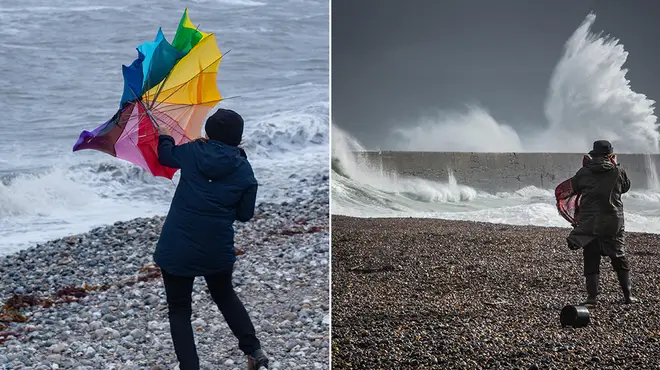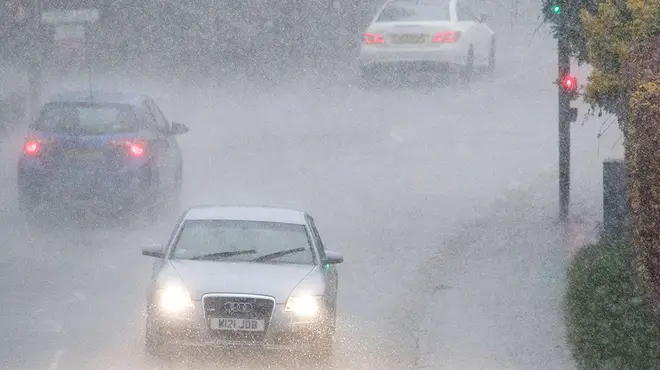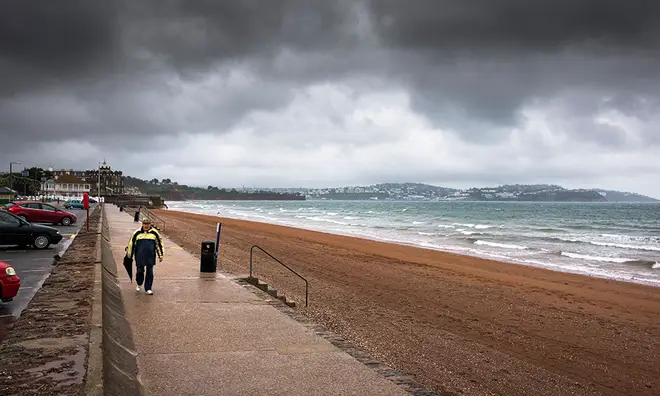On Air Now
Heart's Club Classics with Pandora Christie 7pm - 11pm
26 January 2024, 10:44

Storm Henk, Isha, Jocelyn have all brought disruption and devastation across the UK already in 2024. Here's where they get their names from and why.
The UK has seen a huge number of storms hit in 2024 already with the likes of Jocelyn, Isha and Henk bringing disruption and delays throughout much of January.
And now with a snow bomb reportedly en route for February, it seems the weather is set to cause more chaos for the early part of the year.
With conditions in 2024 being so unsettled so far, the British public are looking at just why there have been so many storms and in particular, how are they named?
So as we prepare to take on a potential snow storm in the next few weeks, here's a look at all the storm names so far for the year and just why is it the Met Office name them.

Considering how little of 2024 we've actually experienced so far, the UK has dealt with quite a lot of storms. So far this year there have been:
Storm season in the UK actually runs from 1 September to August the following year, meaning there has been 10 storms of the year so far.
So, as of the beginning of the storm season, here are names of the other storms to hit in 2023:
Explaining why there's been so many storms so far, Met Office Meteorologist and presenter Annie Shuttleworth said: “While we have had some drier and calmer interludes, the stormy nature of the UK’s autumn and winter so far is chiefly dictated by the position and strength of the jet stream, which is a column of air high up in the atmosphere.
“During recent months this has largely been directed towards the UK and Ireland and have eventually become named storms due to the strong winds and heavy rain they bring.”

The practice of naming storms goes way back to the 1950s and was established in the US.
Why? Naming storms meant the public could engage with the more severe weather forecasts, making them more manageable and relatable for all.
The Met Office also agreed that giving storms human names made it easier to track its progress across multiple media platforms.
For experts, it also made it straightforward for them to compare storms over time.
In 2015, following in the footsteps of the US again, the UK Met Office launched a "Name our Storm" campaign.
As a result, each year they draw a shortlist of names suggested by the public and use those to label the storms. In 2019, the Netherlands also began adding a few name suggestions to the UK's list.
It also used to be tradition to switch between male and female names.
For the 2023/24 seasons, the Met Office has changed the format on naming storms slightly as they have been picking names of prominent scientists and meteorologists instead.